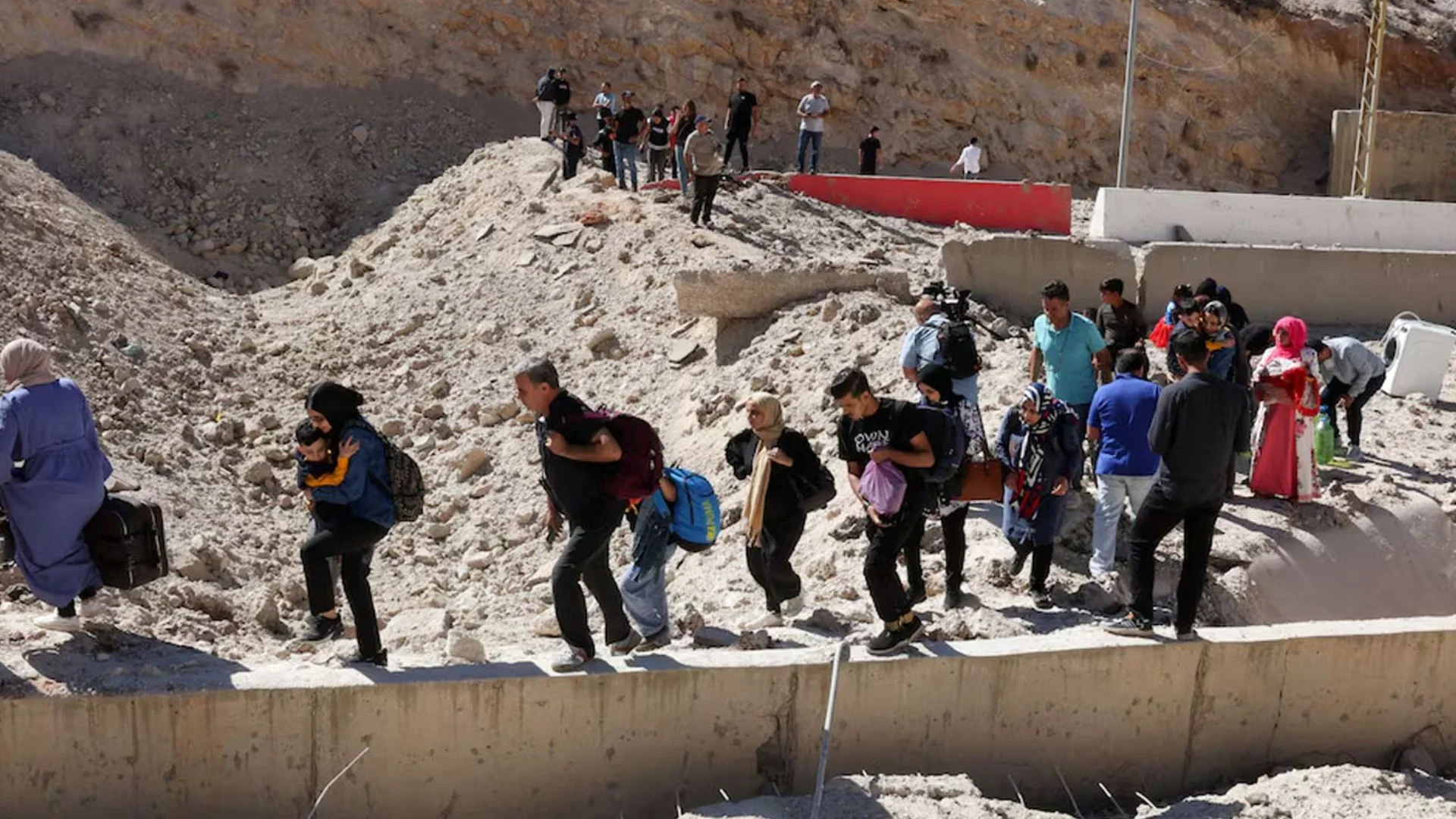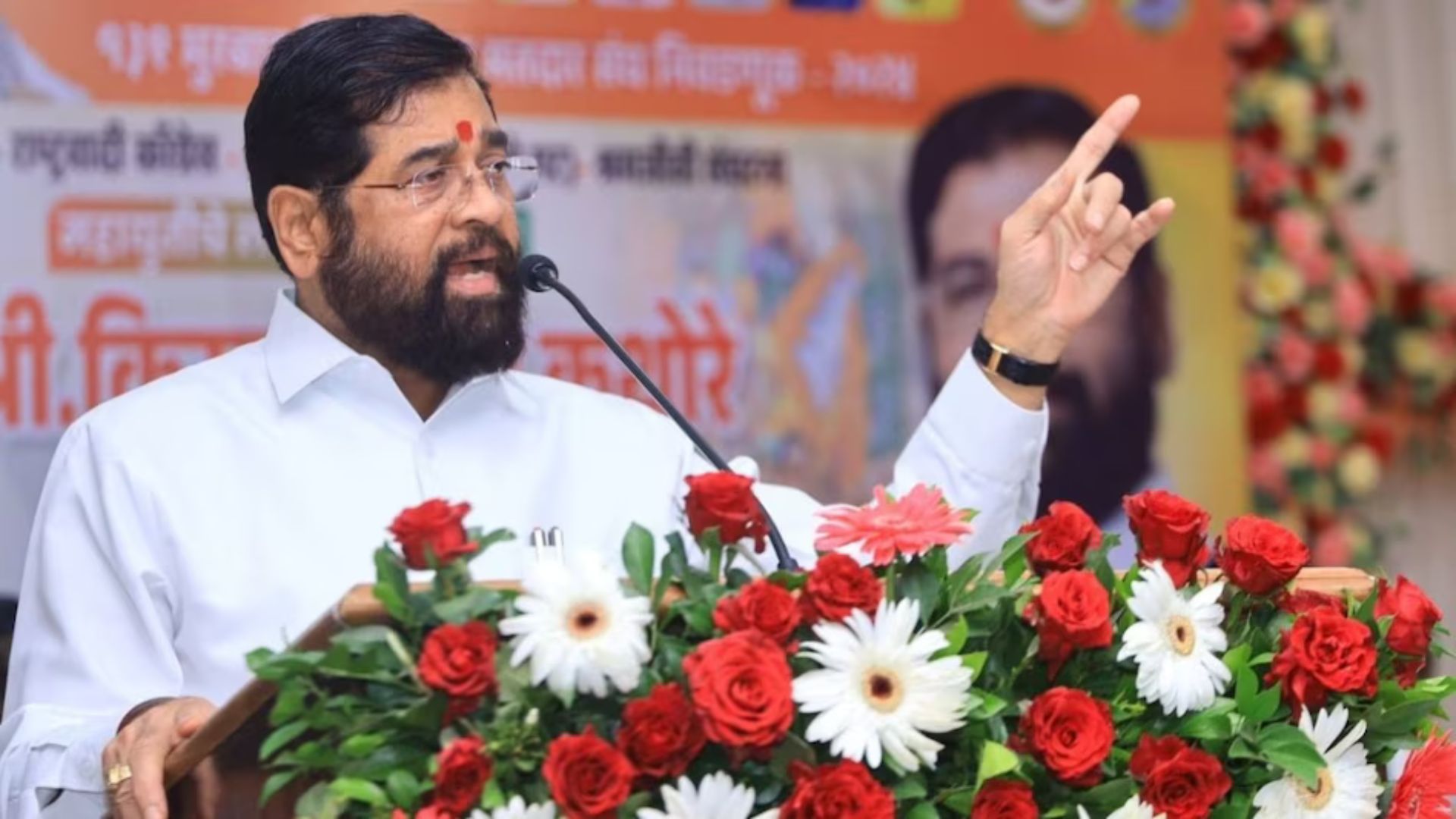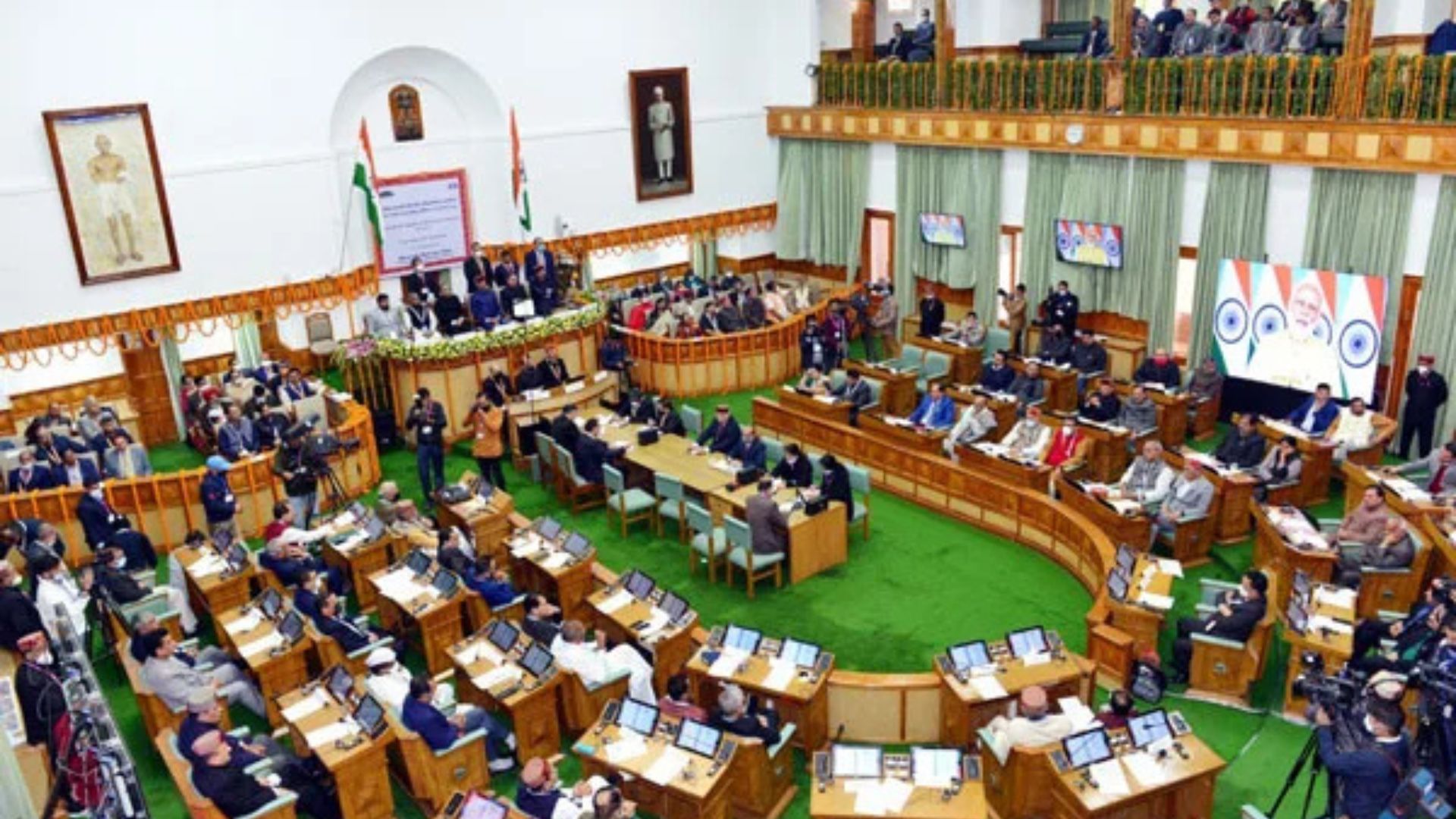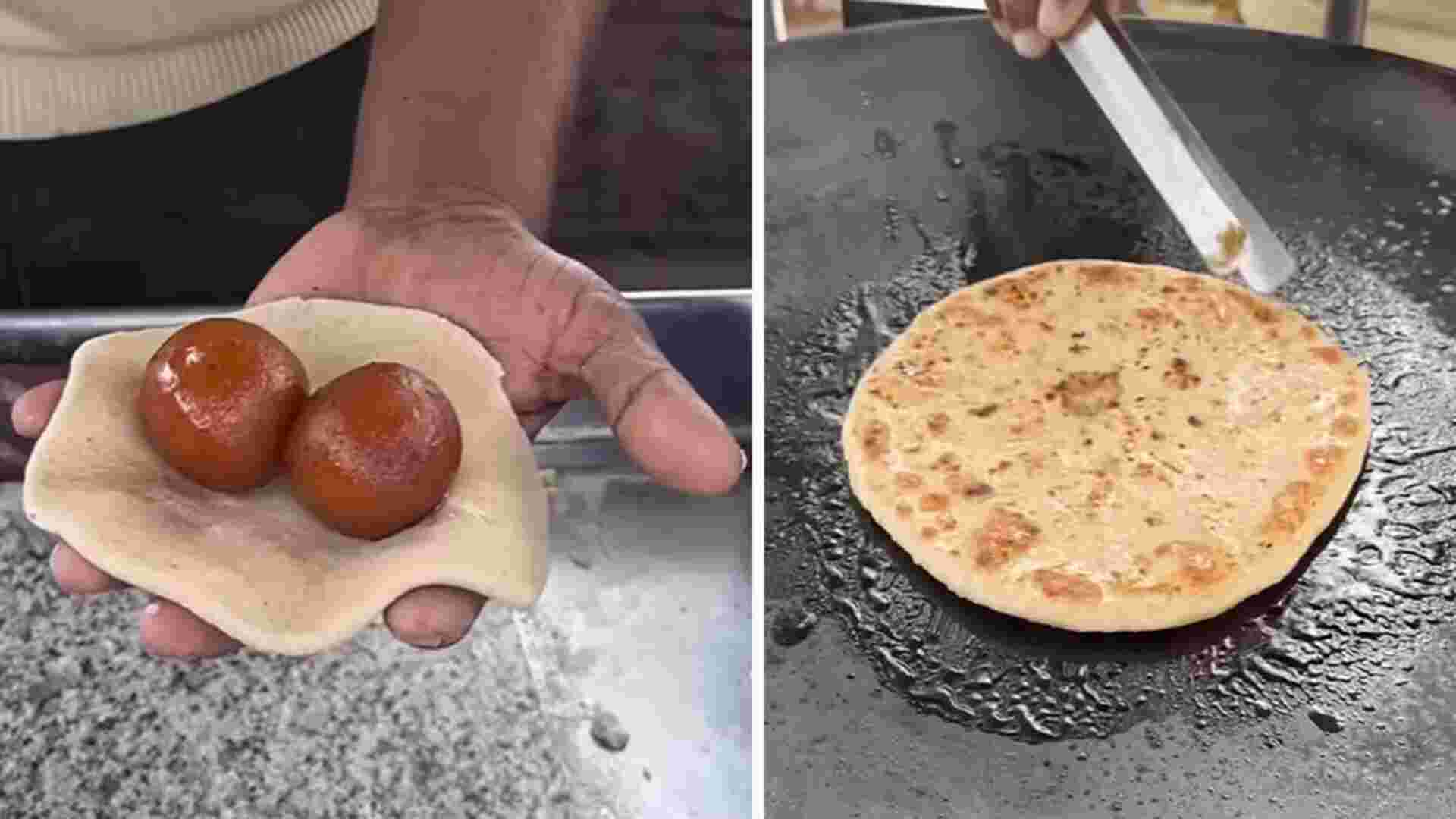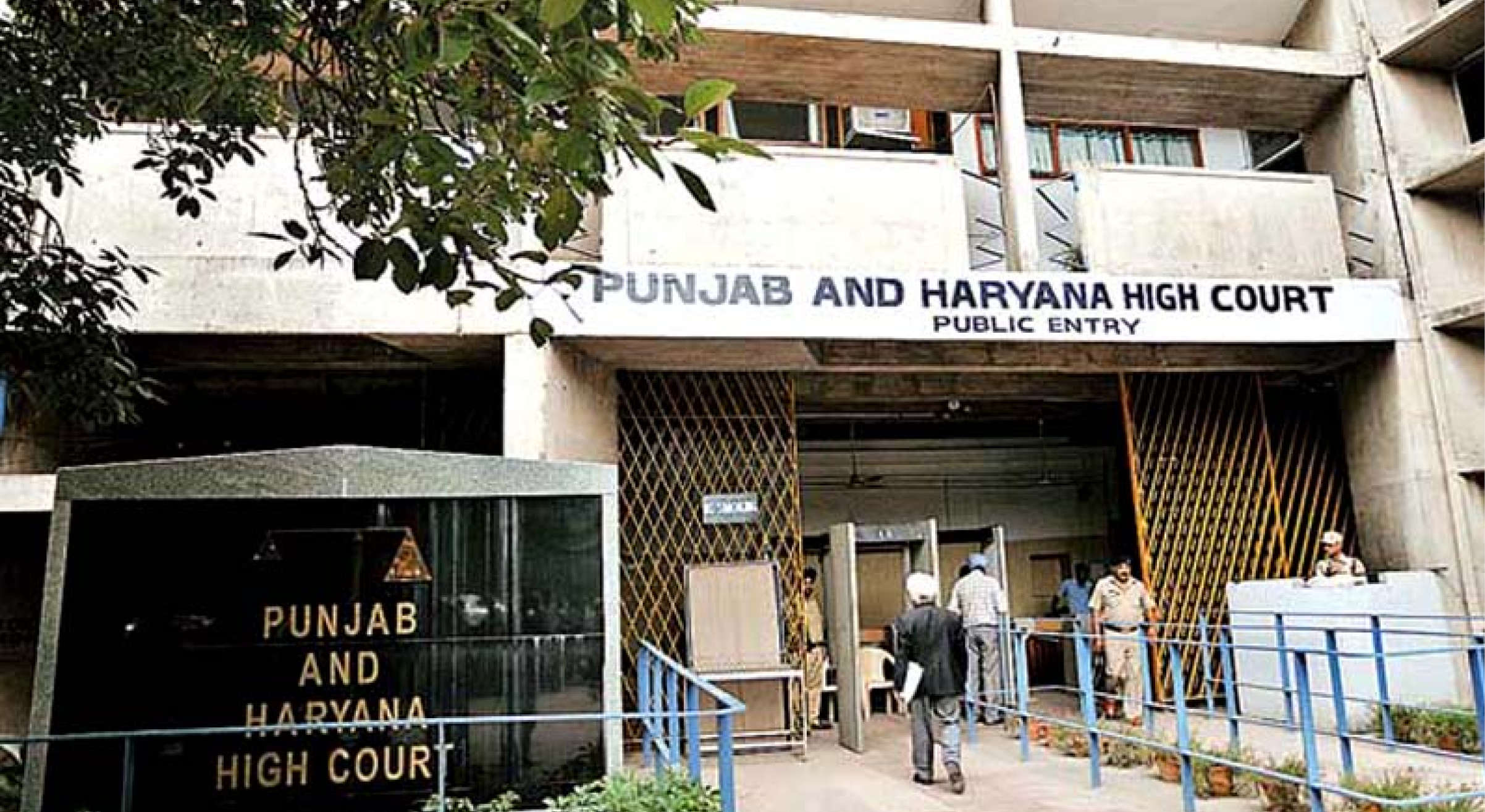
The Punjab and Haryana High Court in the case Bal Amrit Singh v. Union of India and Ors. observed and has dismissed the plea moved seeking compassionate appointment to a son whose father allegedly died in 1984 Operation Blue Star.
The court observed that compassionate appointment is given only to come out ‘from the immediate financial difficulties.’
The bench headed by Justice Sanjeev Prakash Sharma in the case observed and has stated that in these circumstances, without examining the issue of whether the appointment was available to the families who died during the operation Blue Star, thus, this Court finds that by efflux of time after almost more than 20 years, compassionate appointment cannot be offered to the petitioner, although it is not a regular mode of appointment but the same is given to the dependent of the deceased Government servant only to come out from the immediate financial difficulties which cannot be said to be existing as on today in relation to the petitioner.
In the present case, the court was hearing the writ plea filed in 2013 seeking issuance of directions to the union government to appoint the petitioner on compassionate grounds on account of the death of his father during the operation Blue Star conducted at Golden Temple, Amritsar in 1984.
The counsel appearing or the petitioner contended before the court that the petitioner was a minor at that time and claimed compassionate appointment based on the circular issued by the Government granting compassionate appointment to the dependent family members of the persons killed in terrorism/riots.
Further, it has been submitted before the court that the representation made by the petitioner has been rejected by the respondents wherein it is stated that the persons who died during the said Operation Blue Star would not come within the category of persons killed during the terrorism or riot.
The court hwile considering the plea decided the issue of whether the appointment was available to the families who died during the operation Blue Star, opined that due to ‘efflux of time’ after almost more than 20 years, compassionate appointment cannot be offered to the petitioner.
The bench of Justice Sharma in the case observed and has emphasized that compassionate appointment is not a regular mode of appointment. Thus, it is being granted to the dependents of the deceased government servant solely to alleviate immediate financial difficulties, which cannot be said to exist as of today in relation to the petitioner.
The court stated that it being pertinent to note that, earlier this year Supreme Court in the case State of West Bengal v. Debabrata Tiwari And Ors, wherein the court summarised the principles on compassionate appointment held that, ‘compassionate appointment is not a vested right’. Thus, the claim for compassionate appointment by the dependent of the deceased employee may not be entertained after a lapse of a considerable period since the death.
The court stated that the operation of a policy or scheme for compassionate appointment is founded on considerations of immediacy and a sense of immediacy is called for not only in the manner in which the applications are processed by the concerned authorities but also in the conduct of the applicant in pursuing his case, before the authorities and if needed before the Courts.
Accordingly, the court dismissed the writ petition.
The counsel, Advocate Naresh Jain appeared for the petitioner. The counsel, Ashish Chaudhary, Senior Panel Counsel, for respondent No.1.
The counsel, Charanpreet Singh, AAG, Punjab.
